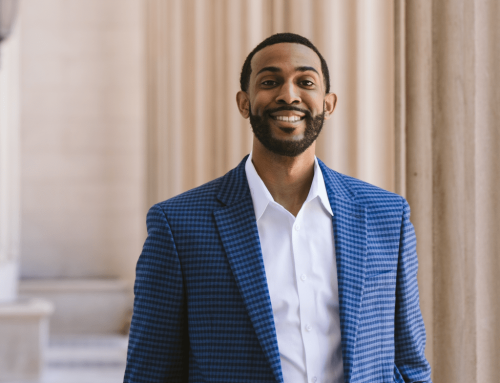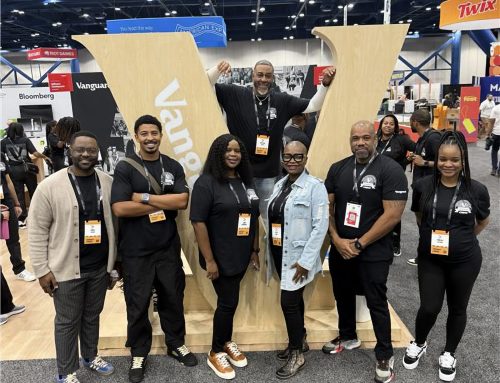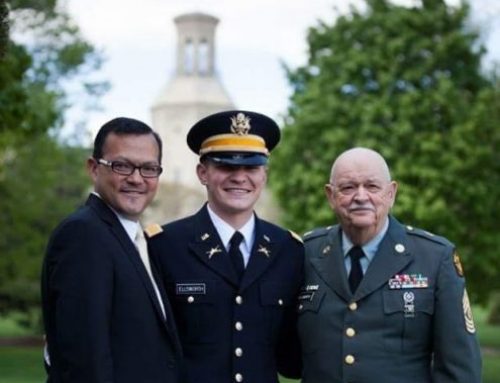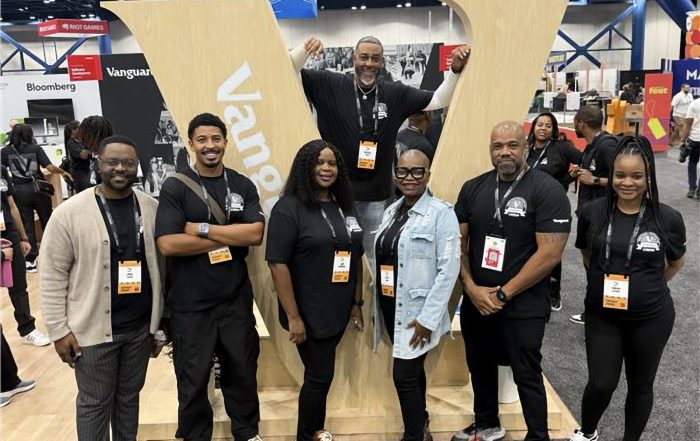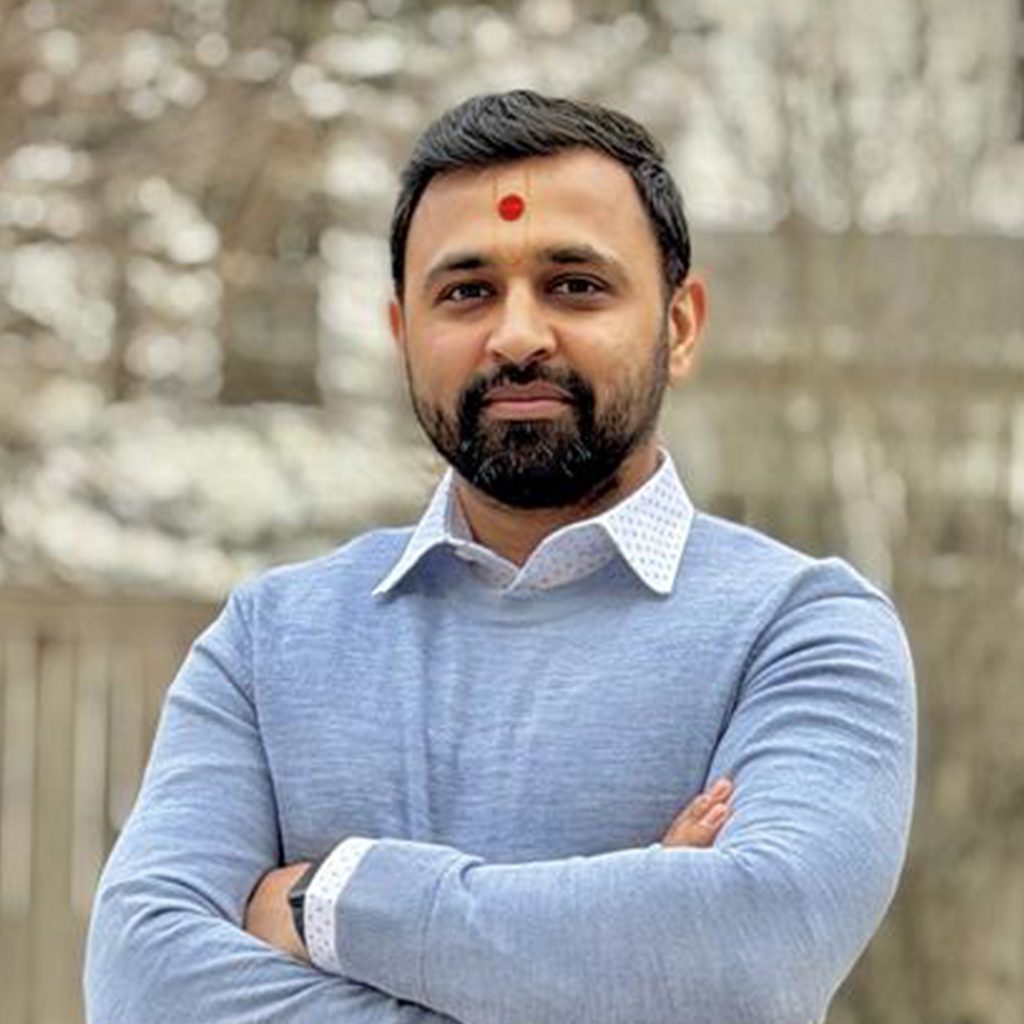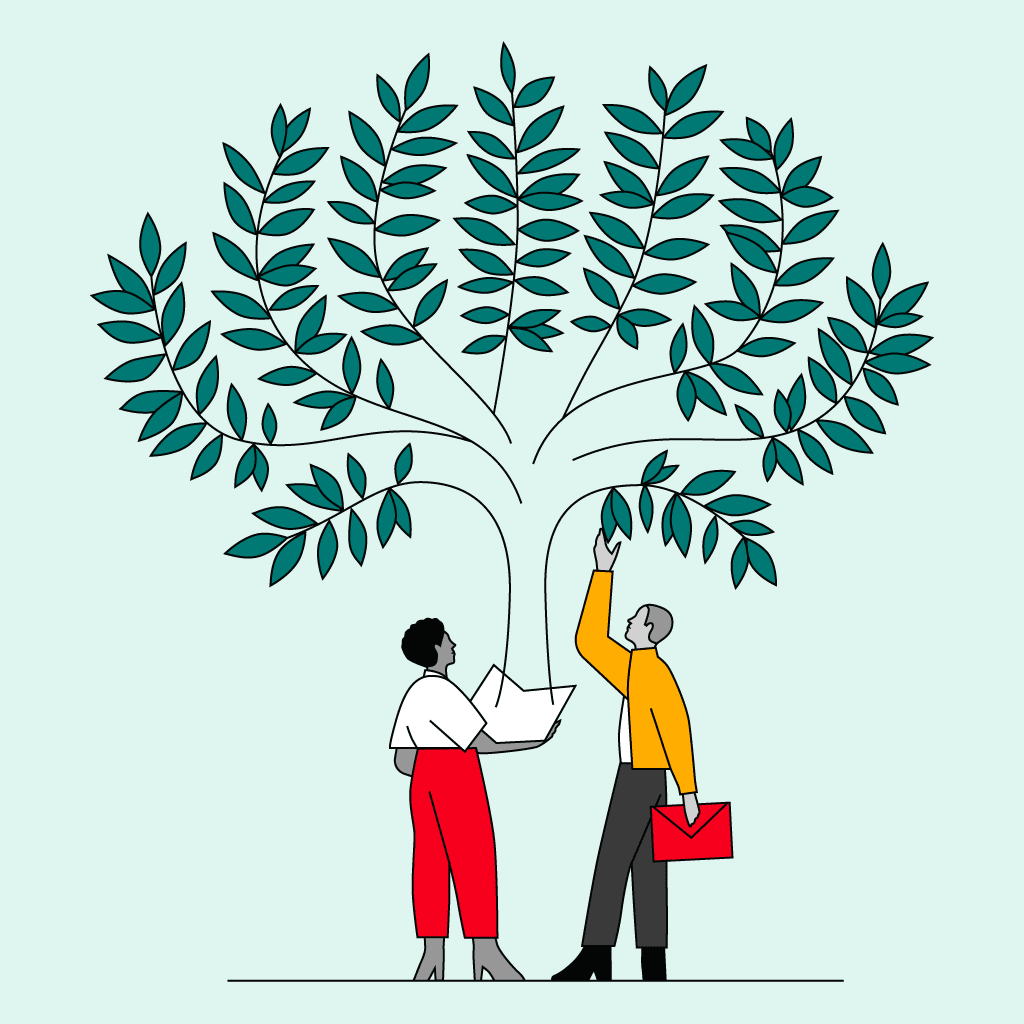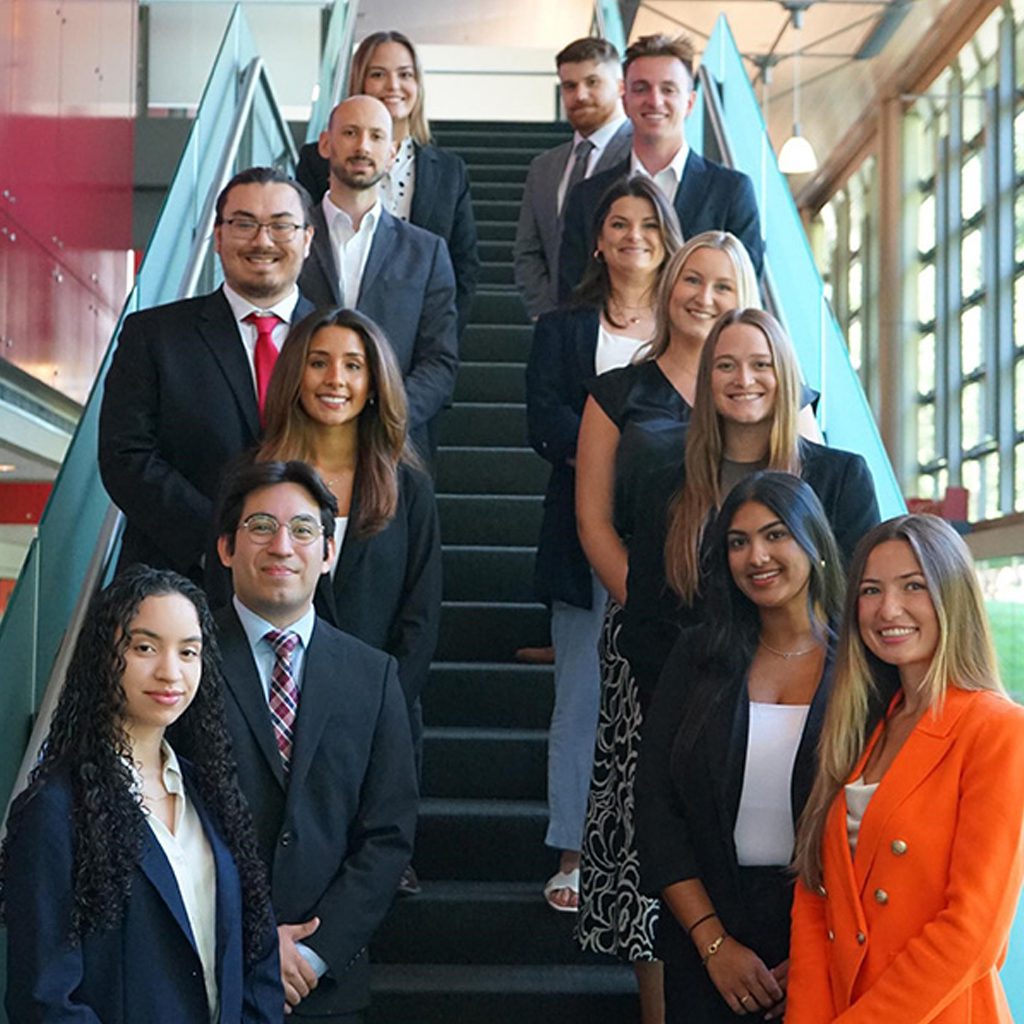Careers Blog
Living with a disability and leading ABLE: A chat with ABLE co-lead Christine Jamison
Share
Related posts

“Move your body every day, even if it hurts.”
Christine Jamison—Head of the Center for Audit Practices & Enablement and co-leader of ABLE (Accessibility, Belonging, Leadership, Empowerment), a crew interest group at Vanguard was given this advice when she was newly diagnosed with rheumatoid arthritis at age 18. Years later, this motto still resonates. We recently spoke with Christine about how this disorder affects her daily life and how a passion for advocacy and community propels her co-leadership of ABLE.
What is rheumatoid arthritis?
Rheumatoid arthritis is an autoimmune disorder where the body mistakenly attacks its own organs, causing pain, swelling, and movement limitations, particularly at the joints. Christine shared some stats about this disorder, including that 1% of the American population suffers from it, and it affects women two to three times more than men.
Although Christine experiences pain every day, the strength of this pain comes in phases, with both good and bad sprints. An interesting fact: While pregnant, a woman’s body produces natural steroids that, at times, enables rheumatoid arthritis to go into remission. So, while pregnant with each of her four children, Christine was free from pain. Unfortunately, after the pregnancies, the pain returned with a vengeance. Christine couldn’t hold her baby, had to walk with a cane, and use other assistive devices to get dressed.
This disorder is also not limited to the joints. Christine shared that ancillary effects include impact to the eyes, heart, and lungs. Although the reality of joint surgeries and waking up not being able to move her neck may sound daunting, Christine remains passionate and optimistic, especially when talking about her daily life and the work she does as the co-leader of ABLE.
The day-to-day of disability
As with other disabilities, advances in technology and medicine have helped those afflicted with rheumatoid arthritis live less painful lives, including Christine. “I have had rheumatoid arthritis for over 30 years and the medications to control the disease have significantly evolved in a better way today. I’m so grateful that there are many medications available that help me live with this and control it.”
Parts of her daily life include self-advocacy and self-care, which are abilities that took time to develop. She says that working with Vanguard’s Crew Relations team to get the accommodations she needs (an ergonomic chair and keyboard) is “an easy process.” She’s also mindful about helping others who may need help—everyone from a crew member having trouble using the kiosks to order lunch to those who need help walking to activities on Partnership Day.
Christine thinks that overall mental health and wellness can be challenged when having a disability. Life’s busy, and the stress of the day-to-day can overwhelm—so, Christine says, it’s important to prioritize doing what you need to do to feel well and be your best. About herself, she says, “My disability is rheumatoid arthritis. It doesn’t define me, but it’s a part of me every day.” Christine does yoga to keep her muscles and joints moving, plus daily meditation to help center and focus her mind and manage stress levels.
Community is key
When she was younger, Christine didn’t join many support groups, but over time she’s seen the power in them. She likes how they bring attention to people with invisible disabilities like hers. While Christine calls herself an “oversharer,” this was not always the case with her rheumatoid arthritis. She says, “I was very shy and overwhelmed about it when I was first diagnosed in college.” As she grew older and learned to live with it, she became more comfortable sharing with others. And since she does have an invisible disability, she wants to share her struggles and make others aware that people with disabilities are everywhere, even if you can’t see them.
Christine says, “A disability and how a person deals with it is a very personal thing. You have to meet people where they are. That may include asking people what support they need. I had that happen yesterday, and I said, ‘That’s thoughtful of you. I’m good, but if I need something, I’ll let you know.’”
She says, “I can’t take anyone’s disability away. Nobody can take mine away. But sometimes it’s good to just be able to have a group that knows what you might be going through, that ‘gets it.’ It’s powerful and helpful.”
Asked what advice she would impart to people who deal with disabilities, Christine shares, “Disabilities don’t take a vacation. It’s there every day. But as you live, you learn how to live with it, deal with adversity and persevere.”
Keeping ABLE moving forward
The members of ABLE are committed to advancing Vanguard as a welcoming and accessible place for every BODY and every MIND. ABLE is committed to empowerment of crew with disabilities and other conditions, including neurodiverse crew, those in caretaking roles, and allies.
As a relatively new crew interest group, ABLE is still in its infancy. Christine’s pleased with what ABLE is now and is excited to see what it can become. The ecosystem of ABLE is a work in progress the takes shape day by day.
Christine’s especially thankful that Vanguard was open to its inception—and its official designation as a crew interest group. “I’m so grateful to work for a company that allows this space for us,” she says. “To allow for inclusion. To help people feel like they belong. And, most importantly, to drive the disability community’s connection and accessibility at Vanguard.”



